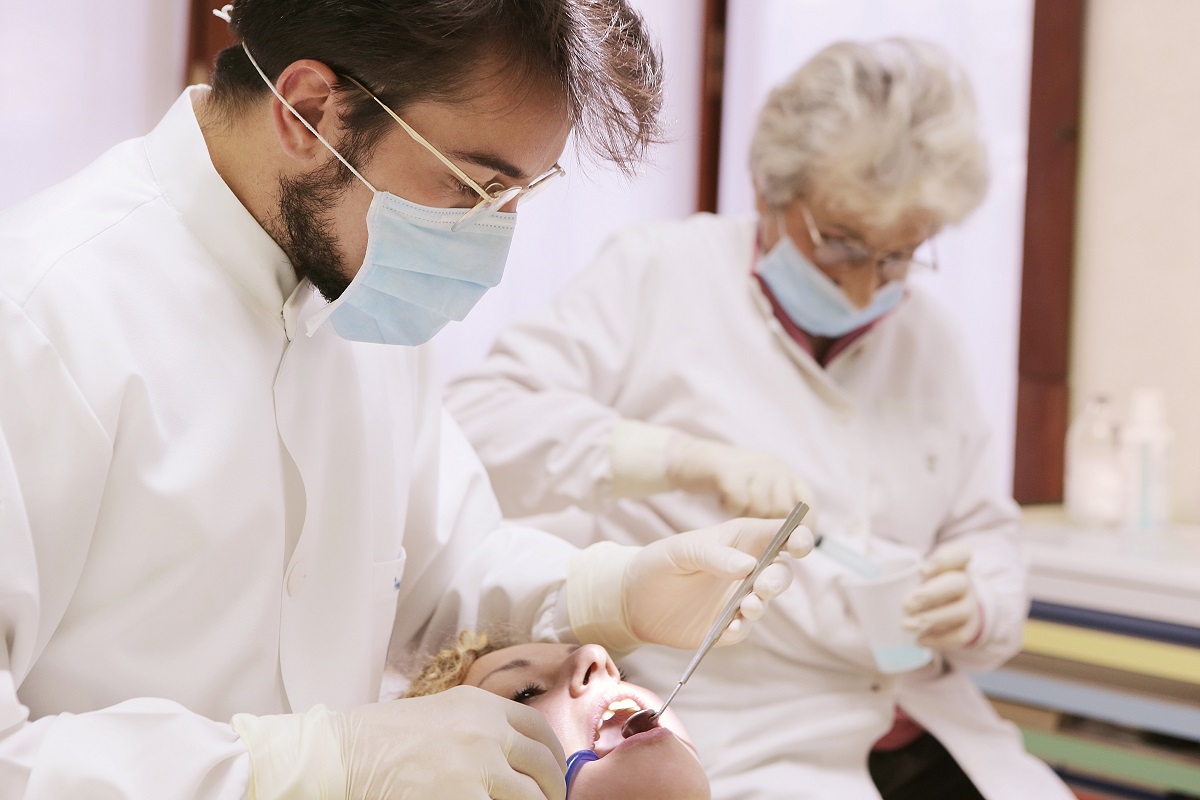Prostate cancer surgery is a common treatment for men diagnosed with this disease. The surgery typically involves the removal of the prostate gland and some surrounding tissue. While this procedure can be effective in managing cancer, it can also lead to significant hormonal changes in the body. One of the most notable effects is low testosterone production.
Understanding Prostate Cancer Surgery
Prostate cancer surgery, often called a radical prostatectomy, aims to eliminate cancerous cells. During the surgery, the entire prostate gland is removed. In some cases, nearby lymph nodes are also taken out. This aggressive approach can improve prostate cancer surgery patients’ survival rates. However, the surgery can disrupt the normal functioning of the endocrine system.
The Link Between Surgery and Testosterone Levels
Testosterone plays a crucial role in many bodily functions. It affects mood, energy, and muscle mass. After prostate cancer surgery, some men may experience a decline in testosterone levels. This can be attributed to the removal of the prostate gland, which is involved in hormone production. As a result, low testosterone becomes a common concern for many men post-surgery.
Symptoms of Low Testosterone
Men with low testosterone may experience various symptoms. Fatigue is one of the most common complaints. Many report a decrease in energy levels, making daily activities challenging. Additionally, changes in mood can occur. Some men experience increased irritability or depression. These symptoms can significantly impact quality of life.
The Physical Impacts of Low Testosterone
Low testosterone can lead to physical changes. Muscle mass may decrease, making it harder for men to maintain strength. Weight gain is also a possibility. This shift in body composition can lead to increased health risks. Cardiovascular issues can arise from hormonal imbalances. It is essential to address these changes promptly.
Treatment Options for Low Testosterone
There are several treatment options available for men experiencing low testosterone after prostate cancer surgery. Hormone replacement therapy (HRT) is a common approach. This low testosterone therapy can help restore testosterone levels to a more normal range. However, it is essential to discuss the risks and benefits with a healthcare provider. Some men may be hesitant to pursue HRT due to concerns about cancer recurrence.
The Role of Lifestyle Changes
In addition to medical treatments, lifestyle changes can also play a significant role in managing low testosterone. Regular exercise is beneficial. Engaging in strength training can help build muscle mass and improve energy levels. A balanced diet rich in nutrients can support overall health. Incorporating foods high in zinc and vitamin D may promote testosterone production.
Psychological Support and Counseling
The emotional impact of low testosterone should not be overlooked. Many men may feel embarrassed or frustrated by their symptoms. Seeking psychological support can be helpful. Therapy or support groups provide a safe space to discuss feelings and experiences. This can aid in coping with the changes brought on by both prostate cancer surgery and low testosterone.
Conclusion
Prostate cancer surgery can be life-saving. However, the subsequent effects on testosterone production can pose challenges. Understanding these effects is crucial for managing symptoms effectively. Treatment options and lifestyle changes can help restore balance. Engaging with healthcare providers and seeking support can make a significant difference. Men should feel empowered to take charge of their health after surgery. Addressing low testosterone is a vital part of that journey.














